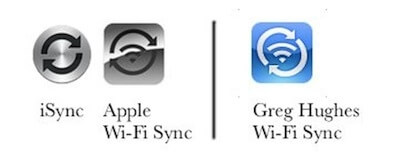College Magazine’s success section features pieces on young entrepreneurs every now and then—students who start their own businesses, create their own products and the like. As editor of the section, I naturally like to stay up to date with student CEO news. As I browsed the web today, an article on PCWorld caught my eye regarding the possibility of a large corporation stealing a college student’s idea.
Apparently Greg Hughes, a student at the University of Birmingham, submitted an idea of a wireless syncing app to Apple’s App Store in May 2010. Apple reps rejected the idea, saying that it didn’t meet required security requirements. Hughes decided to bring his app to Cydia, what PCWorld describes as the “unofficial, jailbroken app store” for apps that haven’t been approved by Apple. Through Cydia, Hughes’ development became a bestseller, raking in over $500,000 in the past 13 months.
Over a year has passed since Hughes received his rejection, and Apple has now released “Wi-Fi Sync” as a part of its iOS5 platform. As a result, you can sync your iTunes music library to your device (iPhone, iPad, etc.) without needing a cord.
The really interesting part of this story is that Apple’s new feature has the same name and icon as Hughes’ rejected app. Of course, we can’t assume that Apple definitely ripped Hughes off, but it seems like too much of a coincidence. The name isn’t exactly one-of-a-kind, and Hughes definitely didn’t invent the concept of wireless syncing, but having the same name and also having the same logo and process is pretty strange.
Would Apple actually do this? Who do you believe?
Either way, Hughes has made a pretty big profit via Cydia, and he’s a successful student entrepreneur in my opinion.



















